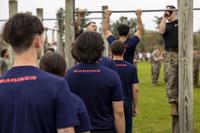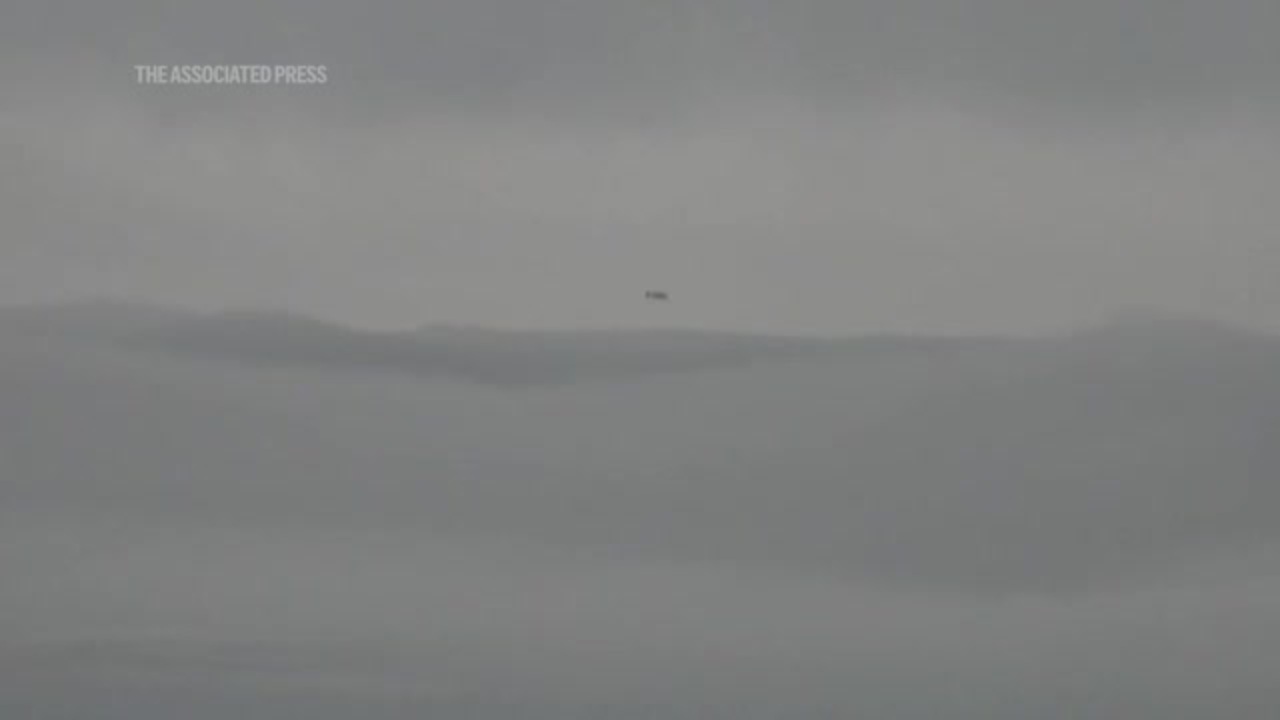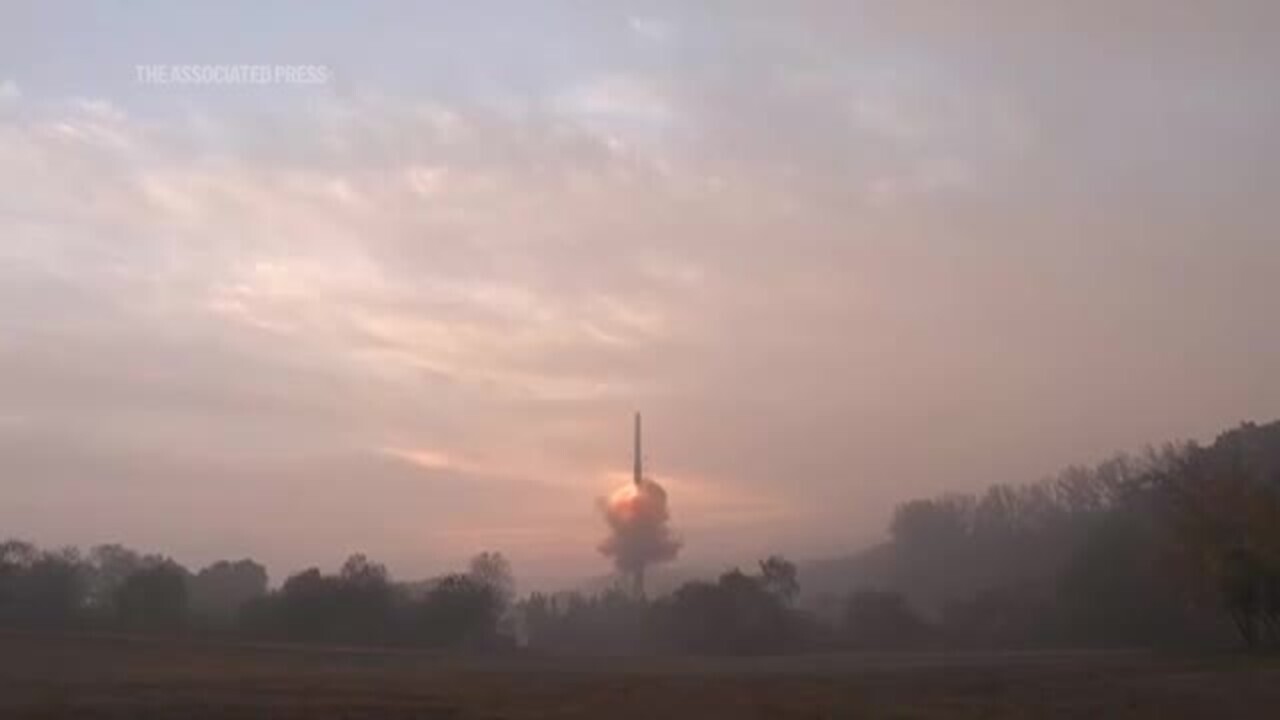The National Aeronautics and Space administration is looking for a few good astronauts.
The Navy and Marine Corps sent out recruiting messages to the services Dec. 15, inviting sailors and Marines to apply for the chance to start astronaut training in 2017.
To qualify, troops must meet the following criteria:
--Be a US citizen;
--Have five years of active service by Aug. 2017;
--Must have earned at least a bachelor's degree in engineering, biological science, physical science, computer science or mathematics from an accredited school;
--Must have at least three years of related, "progressively responsible" job experience following the degree, or at least 1,000 pilot hours in jet aircraft. Master's degrees can serve as a substitute for one year of professional experience, and doctorates can substitute for three years;
--Must be able to pass the NASA long-duration astronaut physical.
While the Navy and Marine Corps have their own physical standards and requirements, NASA has even more specific limits to ensure that astronauts can operate and fit comfortable into the equipment they'll be using.
All applicants must have vision that is correctable to 20/20 in each eye, blood pressure that does not exceed 140/90 while sitting, and a standing height between 5'2" and 6'3".
"Since all crewmembers will be expected to fly aboard a specific spacecraft vehicle and perform [space walks], applicants must meet the anthropometric requirements for both the specific vehicle and the extravehicular activity mobility unit (space suit)," NASA officials explain at NASA.gov.
Applications must be endorsed by the sailor or Marine's relevant commanding officer. The Marine message adds that Marines are not eligible to apply to be an astronaut if they have been passed over for promotion, have had retirements or resignations approved, or if they have adverse material in their personnel files.
A Marine Corps astronaut screening panel will convene in March 2016 to screen interested Marines and send recommendations for NASA, according to the message. Once Marines have received a favorable endorsement, they will be in competition with other applicants for selection to the NASA astronaut candidate program.
Navy personnel are directed to apply directly for positions via a listing available at USAJobs.com.
"Successful applicants will be assigned to positions located at Lyndon B. Johnson Space Center in Houston, Texas, and be involved in a 2-year training and evaluation program, after which they will enter the Astronaut Corps and be eligible for assignment as astronauts on future missions," the Navy message adds.
Candidates from the Navy and Marine Corps who are selected for NASA will join a long line of well-known astronauts from those services, including John Glenn, a Marine colonel and the first man to orbit the earth, and Alan Shepard, a Navy rear admiral and the first American to enter space.
--Hope Hodge Seck can be reached at hope.seck@monster.com. Follow her on Twitter at @HopeSeck.




























